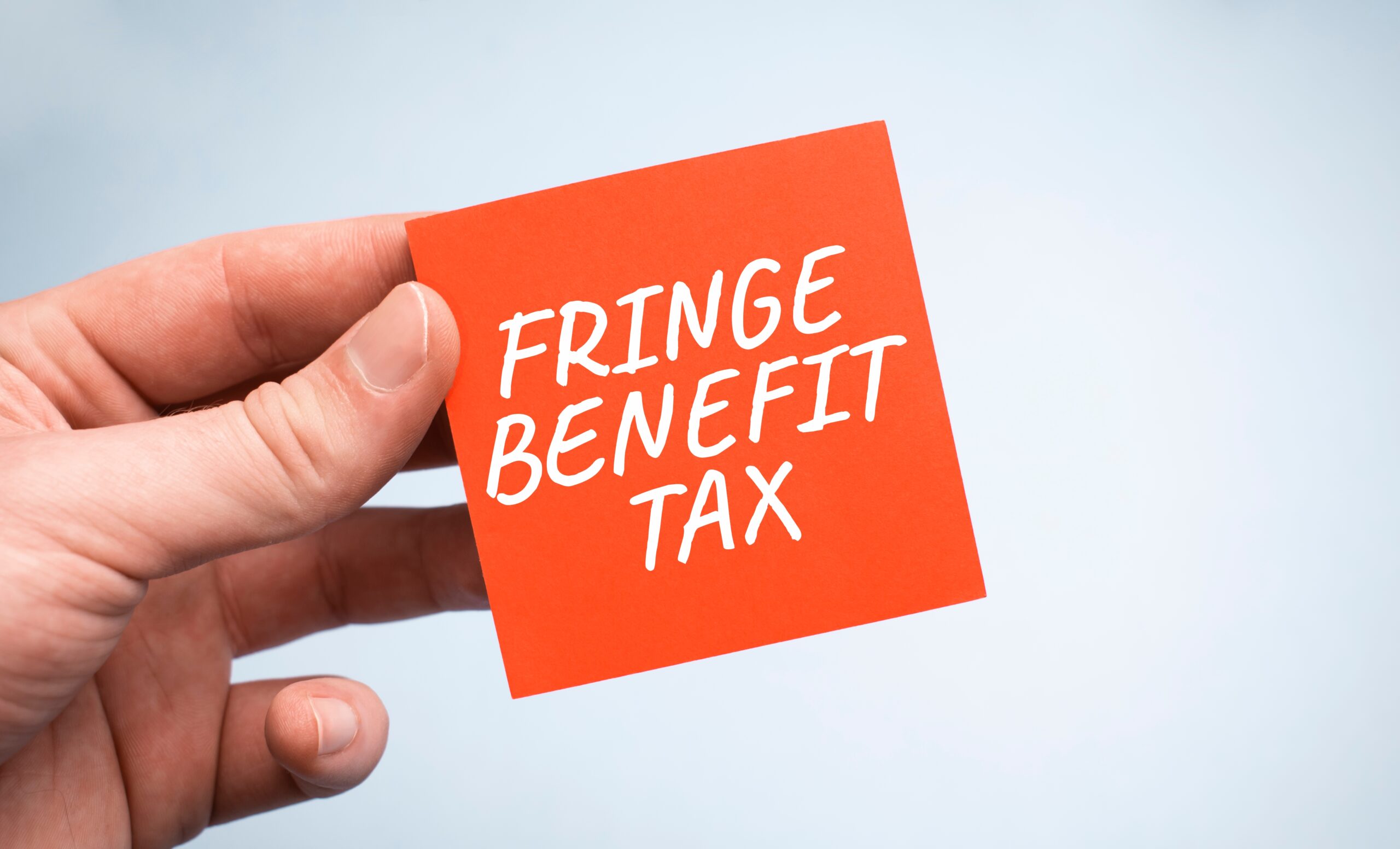Many companies choose to provide employee perks and benefits that go above and beyond the minimums required by federal and/or state law. These additional perks are generally referred to as “fringe benefits” and in some cases, may be the determining factor for prospective candidates looking for employment opportunities. Fringe benefits come in many different forms, including employee discounts, personal use of company vehicles, company-provided meals, lodging, and more. These can be as trivial as allowing for the personal use of office supplies or in some organizations, can be something much more significant, such as the use of a company-owned vacation property or perhaps even the company’s private jet. While these are all great perks that can enhance the employee experience, fringe benefits can also pose some challenges to a company’s payroll team.
Employers can get very creative with the perks that are offered to employees, and it would be virtually impossible to identify every possible item for taxable/non-taxable classification. So, as a basic rule, everything an employee receives from their employer is taxable unless there is a specific IRS regulation stating that an item is exempt. The IRS has a number of rules when it comes to fringe benefits, and which items may be considered non-taxable for employees. Some items aren’t specifically called out, but may still be exempt if they can be considered “de minimis” fringe benefits. Generally speaking, de minimis fringe benefits refer to items that are impossible or impractical to account for – an example might be an employee who uses their office phone to make a personal call. In theory, it can be possible to track the number of minutes spent on the call and figure out what portion of the company’s phone bill should be allocated to personal use, this would be a very time-consuming task, and the actual cost would most likely be a negligible amount for the business.
Once it has been determined which benefits are taxable, the next challenge is to determine the taxable value of the benefit(s). In the case of cash or cash equivalents, such as gift cards, this is easy: they are always taxable at face value. When it comes to the personal use of a company car, the IRS has some very specific rules. Most other items should be recorded at fair market value (FMV), regardless of what it actually cost the company.
Usually, the taxable value of these items is tacked on to employees’ regular paychecks so the appropriate taxes are calculated and withheld. Some organizations may choose to gross up these items for their employees as an added benefit. This can be a huge perk, especially for items that have relatively high taxable values. However, this could result in the company taking on unnecessary and excessive liabilities, especially if they are already being generous with the fringe benefits that are being offered. At the end of the day, this is a business decision and should be determined between your finance and HR departments to do what is best for both employee and employer.





